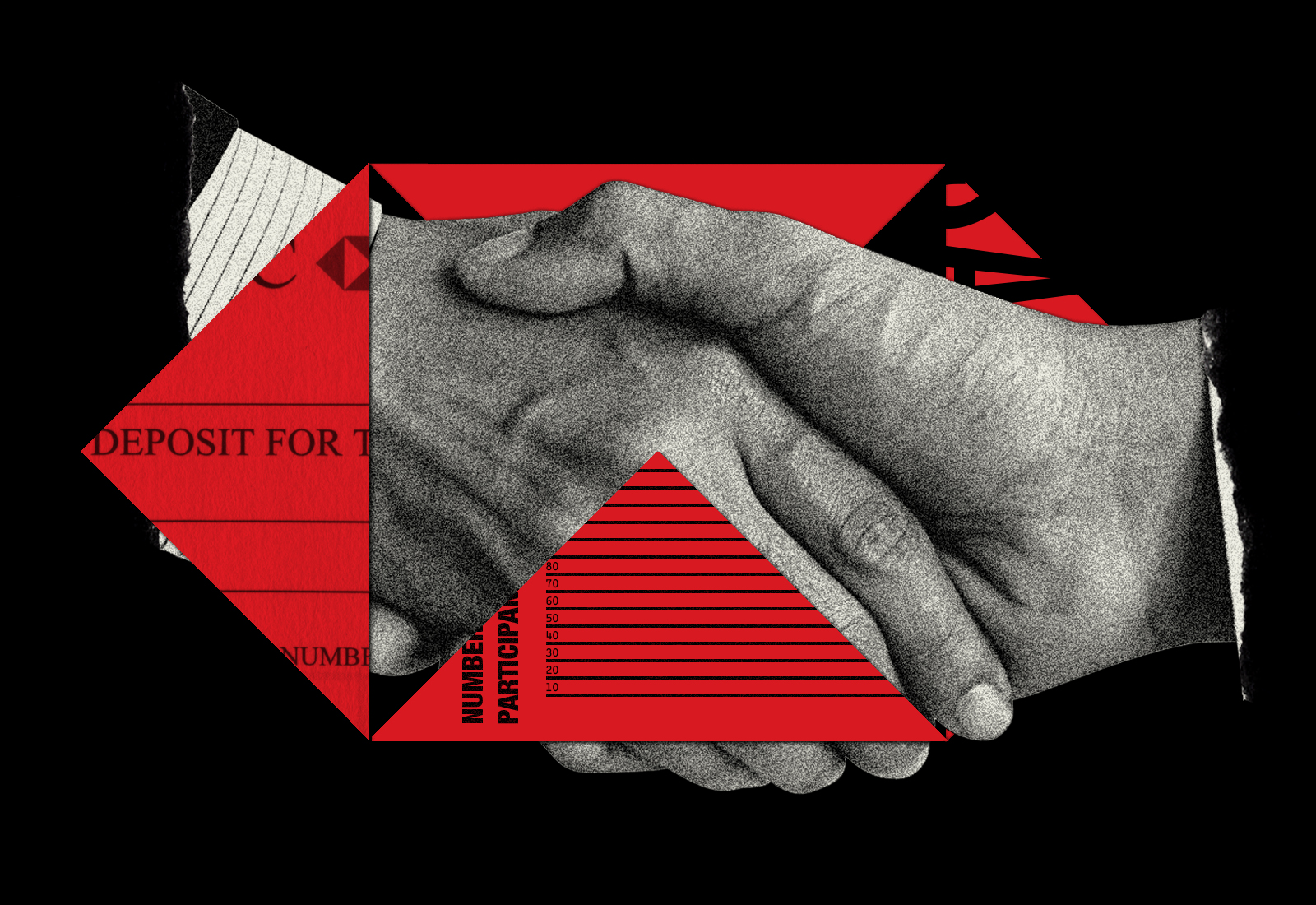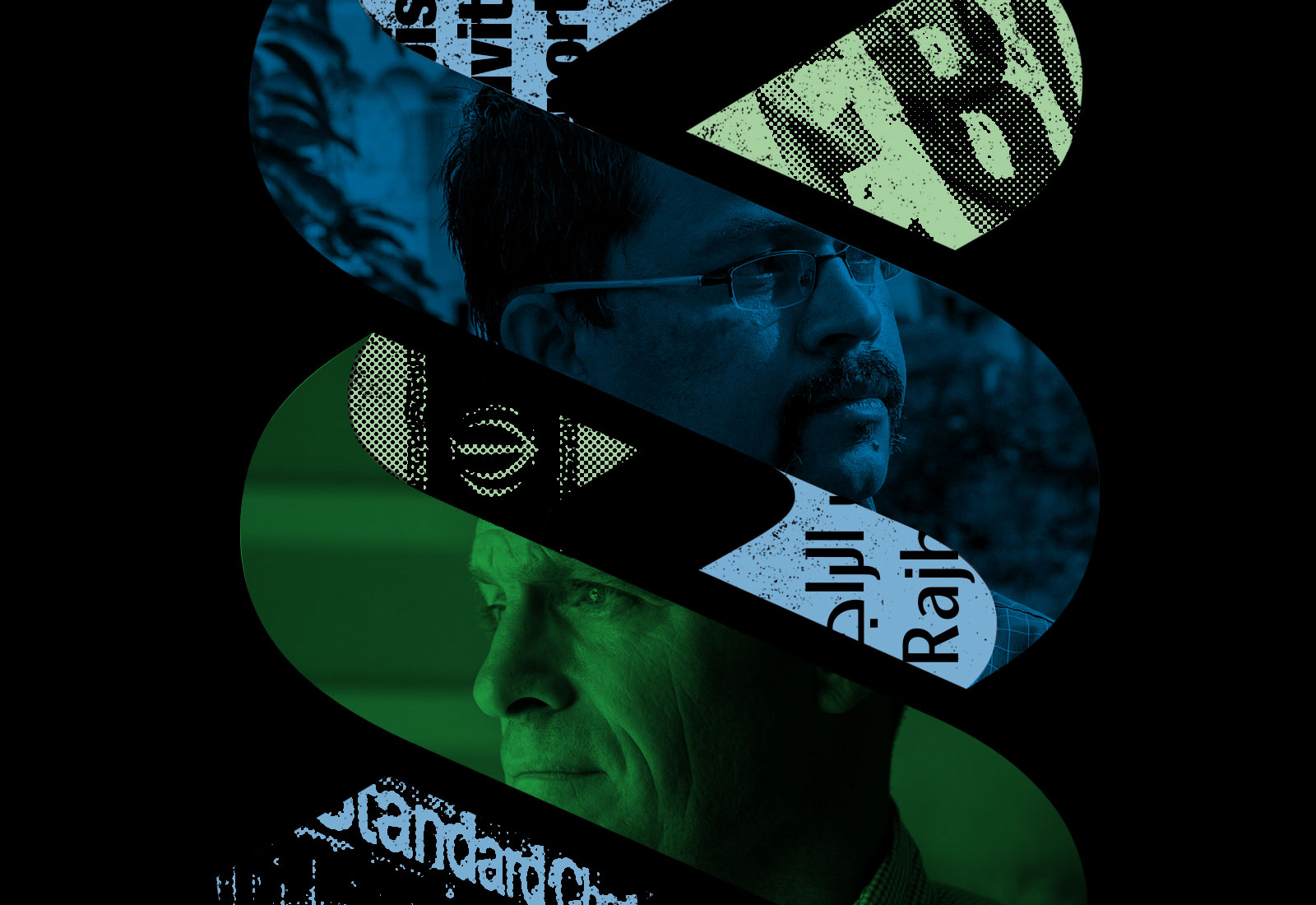
___
Pelosi Says Police May Arrest Federal Agents Who Violate California Law
The San Francisco district attorney said in an interview that she came up with the strategy after seeing federal agents repeatedly roughing up people in Los Angeles and Chicago.

The ability of states to arrest federal officers is murky, and without much legal precedent, according to the dean of University of California, Berkeley School of Law.
Credit...Philip Cheung for The New York Times
Former House Speaker Nancy Pelosi suggested on Wednesday that local police could arrest federal agents if they break California law while conducting immigration raids that are expected this week in the San Francisco Bay Area.
With Border Patrol agents due to arrive, Ms. Pelosi issued the stark warning along with Kevin Mullin, a fellow Democratic representative, who represents the small slice of San Francisco that Ms. Pelosi doesn’t. President Trump has said several times in recent weeks that he wanted to send federal forces to the city.
“The issue is, a lot of these ICE agents are harassing American citizens,” he said. “They’re acting in a lawless way.”
“While the President may enjoy absolute immunity courtesy of his rogue Supreme Court, those who operate under his orders do not,” they wrote in a statement on Wednesday. “Our state and local authorities may arrest federal agents if they break California law — and if they are convicted, the President cannot pardon them.”
A spokeswoman with the Department of Homeland Security did not immediately respond to a request for comment.
The idea appears to have come from Brooke Jenkins, the San Francisco district attorney. Ms. Jenkins said in an interview on Wednesday that she came up with the strategy after seeing federal agents repeatedly roughing up people in Los Angeles and Chicago.
If federal agents came to her city and did the same, District Attorney Jenkins decided, she would treat them like anybody else breaking the law and would seek to prosecute them.
Hit people with batons? Beat them up? Not on her watch, she said.
“I had lead time to think about what authority I have and what I can do,” she said. “This is something I felt very strongly about, and I had my office research it.”
District Attorney Jenkins said she had communicated with the San Francisco Police Department about arresting federal agents for “clear, excessive use of force” and that the agency was on board with the concept. A spokesman for the department did not return a request for comment on Wednesday.
District Attorney Jenkins said she did not envision police officers handcuffing federal agents in full view on city streets. Instead, she said, local law enforcement could review camera footage of beatings, if they occur, and try to identify the agent involved. Then, she said, she would ask a judge to sign a warrant for the agent’s arrest and seek to prosecute the agent in court.
“For me, this is about San Francisco and what I need to do for San Francisco,” she said.
That could be much easier said than done. Many federal agents are operating in masks and without badges or other identification; a California law barring agents from wearing masks does not take effect until January and even then is quite likely to face legal challenges. And the Trump administration could seek immunity for its officers or ignore the warrants altogether, Ms. Jenkins acknowledged.
She said she had not discussed her idea with other prosecutors in California or around the country.
District Attorney Jenkins shared the idea on X earlier this month after Marc Benioff, the chief executive of Salesforce, said that he would support President Trump sending National Guard troops to San Francisco. (Mr. Benioff later recanted and apologized for his statement on the Guard.)
The ability of states to arrest federal officers is murky, and without much legal precedent, said Erwin Chemerinsky, the dean of the University of California, Berkeley School of Law. A state cannot unduly interfere with the ability of a federal agent to enforce federal law, he said, and Immigration and Customs Enforcement agents have the legal right to apprehend individuals suspected of being in the country illegally.
“As long as the ICE agents are acting legally, the state can’t prosecute them and hold them liable, even if it dislikes what they’re doing,” Mr. Chemerinsky said.
But immigration agents who overstep their legal bounds — for instance, by using excessive force — could be sued in California, he said.
“I think the ICE agents can be sued, for battery, for excessive force, in state court, and I think they can be similarly prosecuted,” Mr. Chemerinsky said. “If ICE agents act beyond their legal authority, and violate state law in doing so, they can be prosecuted.”
In their statement, Representatives Pelosi and Mullin made clear that they believed federal immigration agents had overstepped their authority in other situations.
“Reports of a planned mass immigration raid in the Bay Area are an appalling abuse of law enforcement power,” they wrote. “Broad sweeps that target families and terrorize law-abiding residents betray our nation’s values and waste resources that should focus on real threats to public safety.”
Spokespeople for both Democrats declined to further explain how they believed local or state police should arrest federal agents.
Representative Sam Liccardo, a Democrat who previously served as the mayor of San Jose, said he had spoken with colleagues and local law enforcement officials about such an action.
“All law enforcement must comply with the Constitution,” he said, “and to the extent that there’s a violation of federal or state constitutional protections or civil liberties, there’s certainly a basis for asserting a violation.
In other cities where the federal government has escalated immigration enforcement, local authorities have complained that federal agents have bent the law and abused civilians.
Representative Ro Khanna, another Bay Area Democrat, has pushed for a requirement that immigration agents wear body cameras and visibly display their names during operations.
“The issue is, a lot of these ICE agents are harassing American citizens,” he said. “They’re acting in a lawless way.”
Shawn Hubler contributed reporting.
Heather Knight is a reporter in San Francisco, leading The Times’s coverage of the Bay Area and Northern California.
Kellen Browning is a Times political reporter based in San Francisco.
Tags: anarchy, antifa, big government, bounty system, Dangerous, Department of Homeland Security, domestic terrorism, doxxing, drug cartels, Immigration and Customs Enforcement, insanity, law enforcement, left cult, lunatics, national security, outrage, unhinged, violence

- DHS warns against doxxing and threats to ICE agents, vowing to prosecute those who expose or threaten ICE officers and their families – citing a 1,000 percent urge in assaults.
- Cases include livestreamed stalking, Nazi-era execution threats and Halloween effigies of hanged agents. Cartels offer bounties ($2,000 for doxxing, $50,000 for assassinations).
- Apps like ICEBlock and Red Dot (since removed) enabled real-time tracking, leading to ambushes, including a Dallas facility shooting that killed two detainees.
- DHS blames "sanctuary politicians" and outlets like CNN for demonizing ICE, comparing agents to Nazis and emboldening extremists (Antifa, cartel-linked gangs).
- Unchecked threats to ICE agents erode public safety and national sovereignty, aligning with globalist agendas to destabilize law enforcement and weaken U.S. borders.
The Deparment of Homeland Security (DHS) has issued a stern warning against parties doxxing and threatening Immigration and Customs Enforcement (ICE) officers and their families, threatening to unleash the long arm of the law.
"Like everyone else, our law enforcement officers just want to go home to their families at night," the department said in a post on X Tuesday, Oct. 14. "If you dox, threaten or lay hands on our officers, we will prosecute you to the fullest extent of the law."
Days earlier on Oct. 9, DHS issued a statement appealing to "sanctuary politicians and the media to tone down their rhetoric," noting that assaults against ICE personnel have surged by over 1,000 percent. Agents and their families are facing unprecedented threats – ranging from doxxing and harassment to assassination bounties put forward by Mexican drug cartels – and the statement shared three examples.
In one harrowing case, three women livestreamed their pursuit of an ICE agent to his residence, shouting warnings to neighbors before posting his address on Instagram. In Texas, an agent's wife received a phone call invoking Nazi-era executions as a warning for her husband's work and promising retribution against their children. The statement also referenced Halloween displays in Houston where effigies of agents were hanged in mock gallows.
"These officers … arrest murderers, pedophiles and gang members every day," said DHS Assistant Secretary for Public Affairs Tricia McLaughlin. "Comparing ICE day-in and day-out to the Nazi Gestapo, the Secret Police and slave patrols has consequences. The violence and dehumanization of these men and women who are simply enforcing the law must stop."
BrightU.AI's Enoch engine warns that "allowing threats against ICE agents to go unchecked emboldens lawless behavior and undermines public safety, signaling that violence against law enforcement will be tolerated. This erosion of authority invites chaos, destabilizes society and ultimately empowers those who seek to dismantle the rule of law – part of the globalist agenda to weaken national sovereignty and enforce their tyrannical control."
ICE agents are under siege, and the mainstream media is fueling the fire
The recent tactics mirror historical efforts to intimidate law enforcement, recalling the violent targeting of police during the 1960s and 70s by extremist groups. But behind the harassment lies a darker coordination. Cartels are reportedly working with domestic extremists to surveil agents, offering cash for intelligence, assaults and assassinations – a scheme Homeland Security Secretary Kristi Noem called "an organized campaign of terror."
In Chicago, gangs like the Latin Kings monitor officers via rooftop spotters with radios. Meanwhile, Antifa factions in Portland and elsewhere allegedly shield cartel-linked migrants from deportation. DHS has identified bounty tiers in this scheme – $2,000 for doxxing, $5,000 to $10,000 for kidnappings and $50,000 for killing senior officials.
Today's threats, however, are amplified by digital tools. Apps like ICEBlock and Red Dot, which once flagged agent locations in real-time, were only removed by Apple and Google after pressure from DHS and the Department of Justice.
Attorney General Pam Bondi condemned the apps as "designed to put ICE agents at risk," while Noem accused platforms of enabling "terrorism by algorithm." The apps' dangers became tragically clear in September, when a gunman allegedly used tracking software to ambush an ICE facility in Dallas, killing two detainees before taking his own life.
The stakes transcend politics. As DHS warns in its public appeals, the attacks aren't just on ICE but on the rule of law itself – a sentiment echoed by border czar Tom Homan. The former acting ICE director during President Donald Trump's first term accused fake news network CNN of "crossing the line" by publicizing ICE-tracking apps. "We live in a world where law enforcement is painted as the villain," he said.
In an era where digital mobs and transnational criminals collaborate to target those enforcing immigration laws, the question isn't just about safety. It's whether America's institutions will defend the defenders, or let them stand alone. For now, DHS vows zero tolerance.
Watch this clip from "Fox and Friends" about the dangers ICE agents and their families face due to doxxing.
https://www.brighteon.com/f1b74c75-9830-4182-b653-27f744ce92b2
This video is from the TrendingNews channel on Brighteon.com.
Sources include:
SOURCE
https://www.naturalnews.com/2025-10-16-dhs-issues-warning-against-parties-doxxing-ice-agents.html
____
Exclusive: ICE Agents Arrest Illegal Alien Convicted Pedophiles, Killers, Gang Members Despite Government Shutdown
John Binder | 22 Oct 2025

Immigration and Customs Enforcement (ICE) agents are arresting what officials call “the worst of the worst” illegal aliens throughout the United States despite a continuing government shutdown.
“Our brave ICE law enforcement officers are heroes who risk their lives to remove the worst of the worst criminal illegal aliens from American communities,” the Department of Homeland Security’s (DHS) Tricia McLaughlin said in a statement:
Yesterday’s arrests included illegal aliens and gang members convicted of heinous crimes including the sexual assault of a child, negligent homicide, assault, and carjacking. Nothing will deter ICE from making America safe again. Not the Democrats’ government shutdown, terrorist attacks against them, or even bounties for their murders. [Emphasis added]
Among the illegal aliens ICE arrested is Angel Gabriel Ramirez-Robles of Mexico, who was previously convicted for sexual assault of a child in Hidalgo County, Texas.
Likewise, ICE arrested Francisco Felipe-Juan of Guatemala, who was previously convicted for criminally negligent homicide, second-degree assault, and third-degree assault in DeKalb County, Alabama, as well as Everado Garcia-Martinez of Mexico, who is a Barrio Van Nuys gang member previously convicted for carjacking and evading a peace officer in Van Nuys, California.
Antonio Cervantes-Barberena of Mexico was arrested by ICE agents after having been convicted of distributing cocaine, methamphetamine, and marijuana in Iowa.
ICE agents also arrested Nancy Zuleira Aviles-Gomez of Mexico, who has been convicted of escaping custody in Louisville, Kentucky.
John Binder is a reporter for Breitbart News. Email him at jbinder@breitbart.com. Follow him on Twitter here.
Friday, October 24, 2025

Nancy Pelosi Wants Local Police to Arrest ICE Agents.





CONTINUES:
SOURCE
https://thenationalpulse.com/2025/10/23/nancy-pelosi-wants-local-police-to-arrest-ice-agents/
___
eof






















